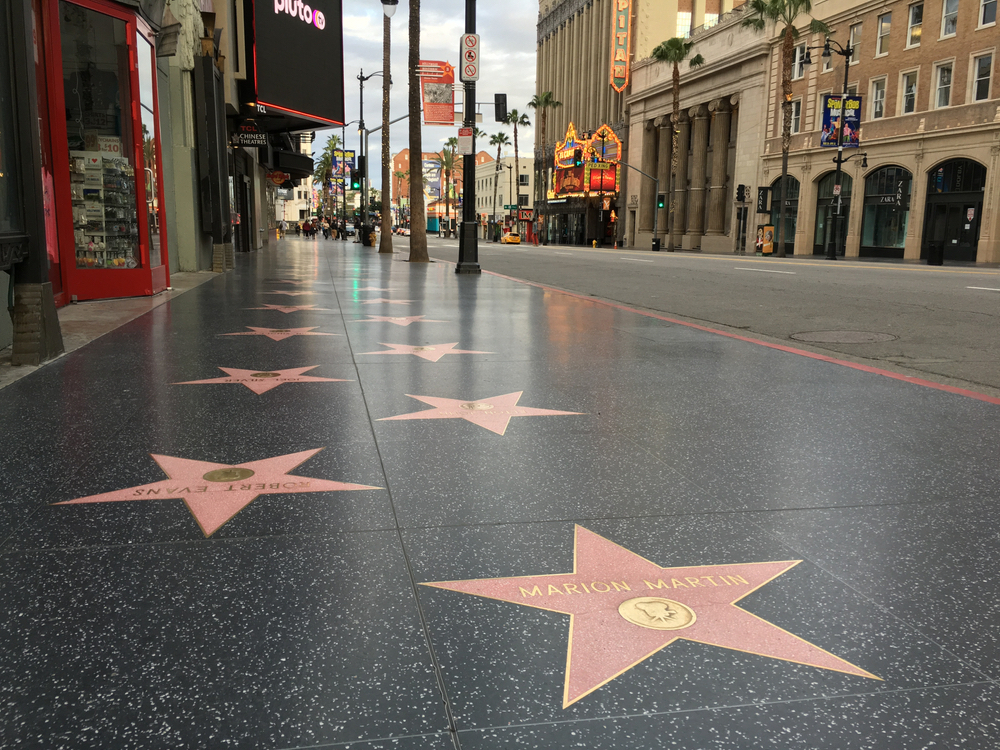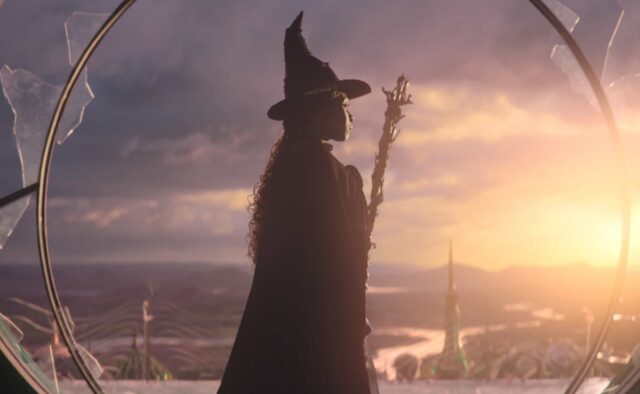Hollywood Studios Stay Silent After New Georgia Election Law
Georgia Governor, Brian Kemp is facing public and political backlash from members of the Democratic Party after he signed a sweeping rewrite of the state’s elections laws. However, Hollywood studios, one of Georgia’s largest sources of revenue, has remained silent. Despite previously threatening to pull out of Georgia, no major studio has boycotted the state’s $10 billion industry.
On March 25, director James Mangold (Ford v. Ferrari, Logan) tweeted that he would no longer “direct a film in Georgia.” His statement came just hours after Kemp signed the bill. Star Wars actor Mark Hamill supported Mangold’s decision and implied that he would no longer film in the state
Hollywood – I think it’s time for Georgia to say bye-bye to the lucrative movie business until everyone is able to vote easily. Seems like an easy way to influence for good. Cut off the revenue.
— Emily (Wear your mask plz) 😷 (@emmobeef) March 26, 2021
The elections bill is a 98-page measure that will implement additional guidelines and qualifications to cast a ballot. Among the new regulations is a complete transformation of absentee ballot voting, something Georgians utilized when voting in the 2020 election. Moreover, the bill requires a photo ID, shortens the period to request an absentee ballot, restricts where and when ballots drops can operate.
This is not the first time politics in Georgia have entered the Hollywood sphere. Back in 2019, filmmakers threatened to boycott filming in the state after lawmakers passed restrictive abortion legislation.
Time for all inclusive Hollywood production companies to reconsider producing films and TV series in Georgia. May I suggest going back to Canada to film.
— Louis Lance (@bargerat2001) March 28, 2021
Studios like Disney, Netflix, and Amazon Studios have yet to issue statements regarding Georgia’s voting laws, which unequally affects Black Americans. ViacomCBS said in a statement that “We unequivocally believe in the importance of all Americans having an equal right to vote and oppose the recent Georgia voting rights law or any effort that impedes the ability to exercise this vital constitutional right.”
John Stankey, CEO of AT&T, released a statement saying, “We believe the right to vote is sacred and we support voting laws that make it easier for more Americans to vote in free, fair and secure elections.” Additionally, Comcast Corp. (the parent company of AT&T and NBCUniversal) said in its statement that “Voting is fundamental to our democracy.”
However, neither ViacomCBS, AT&T, nor Comcast Corp. has officially boycotted the state.
To my brothers & sisters who run Hollywood, SPEAK OUT against these Georgia voting laws! You spend millions & millions of production dollars there. THREATEN TO PULL OUT. Your voice is loud but your actions are louder #nomoresilence
— Todd Slavkin (@toddzer1) April 1, 2021
While both Tyler Perry and President Joe Biden have compared these new election restrictions to Jim Crow-era laws, people like former Georgia representative Stacey Abrams have urger all major corporations to not pull out of or boycott Georgia.
In a Twitter video, Abrams said that “Black, Latino, AAPI [Asian American and Pacific Islander] and Native American voters whose votes are the most suppressed under S.B. 202 are also the most likely to be hurt by potential boycotts of Georgia.”
VIDEO: Thanks to the efforts of activists, organizers and allied organizations, we stopped GA Republican legislators from passing key parts of their voter suppression wish list. Now corporate leaders must use their clout to show they stand with voters. #gapol pic.twitter.com/A3b0McaI1s
— Stacey Abrams (@staceyabrams) April 1, 2021
Likewise, Bernice King, chief executive of the Martin Luther King Jr. Center for Nonviolent Social Change, also issued a plea against boycotting the state.
And I encourage us to consider how a hashtag about boycotting a state may distract from strategic boycotts with maximum results for justice.
— Be A King (@BerniceKing) March 30, 2021
After studios threatened to boycott Georgia back in 2019, similar concerns arose surrounding who would feel the backlash the most. Film critic Matt Goldberg offered a solution to the boycott conundrum. He urged others to not turn their back against Georgia but instead donate to voting rights advocates and organizations.
You can donate to Abrams’ organization, Fair Fight, by visiting its website.

Writer | Tweet me @Emily_N_Wolfe





